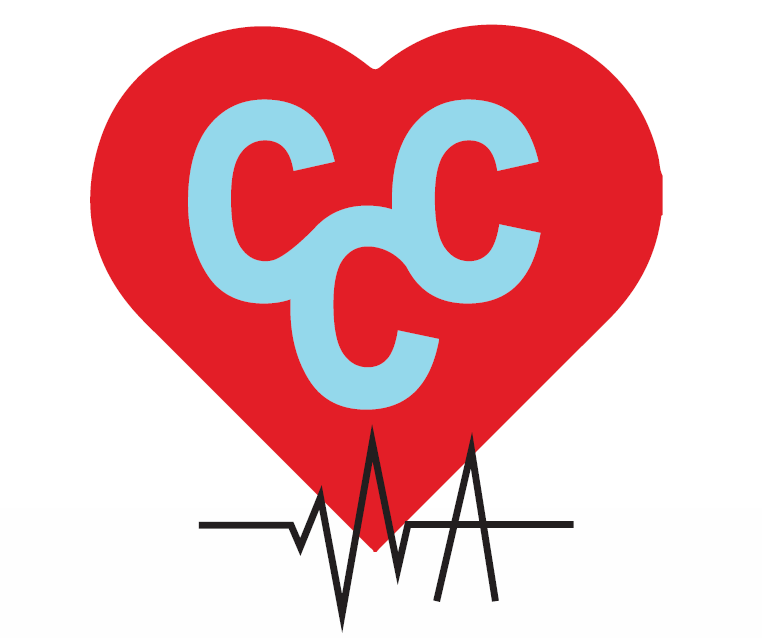Implantable Cardioverter Defibrillator (ICD)
Our mission is to improve the health and well-being of our Bay Area residents through integrated and compassionate patient care, education and research.
Welcome new doctors
Upgraded new patient portages
Redesigned website
Implantable Cardioverter Defibrillator (ICD)
Implantable Cardioverter Defibrillator (ICD)
 Implantable Cardioverter Difibrillator (pdf)
Implantable Cardioverter Difibrillator (pdf)
Patient information: Implantable Cardioverter-Defibrillators
What is an implantable cardioverter-defibrillator? — An implantable cardioverter-defibrillator, also called an “ICD,” is a device that goes under a person’s skin near his or her heart. An ICD can sense and treat certain abnormal heartbeats.
A person’s heart needs to beat normally in order to pump blood to the brain and rest of the body. But sometimes, a person’s heartbeat can suddenly become abnormal. The heartbeat could be too slow, too fast, or out of rhythm.
Some abnormal heartbeats are dangerous, because they can prevent the heart from pumping blood to the brain and rest of the body. A “cardiac arrest” is when an abnormal heartbeat prevents the heart from pumping blood normally. A cardiac arrest can happen without warning, and can cause death if it is not treated right away.
An ICD can treat the abnormal heartbeats that can lead to a cardiac arrest. People who have an ICD have a greater chance of surviving a cardiac arrest.
Who might need an ICD? — You might need an ICD if you:
- Have a condition that can cause abnormal heartbeats
- Have had one or more episodes of abnormal heartbeats
How does an ICD work? — An ICD works to:
- Sense abnormal heartbeats
- Give the heart one or more electrical shocks if the heartbeat becomes abnormal. This can get the heart to beat normally again.
- Record abnormal heartbeats so that a doctor can see how a person’s heart has been beating
What does an ICD look like? — An ICD has 2 parts:
- Battery – This sits under the skin in the upper chest. When the ICD senses an abnormal heartbeat, the battery creates an electrical shock or shocks that travel through wires to the heart.
- Wires, also called “leads” – These go from the battery through a vein (blood vessel) and into the heart.
Can there be side effects to having an ICD? — Yes. Your doctor will talk with you about the different side effects that can occur. Side effects can occur when a doctor puts in an ICD. People who have had an ICD for a long time can also have side effects. But most people do not have any side effects from having an ICD.
What should I do after my ICD treats an abnormal heartbeat? — If your ICD gives you a shock (you will probably feel it), let your doctor know. He or she will look at the record of your heartbeats and might decide to make changes to the way your ICD works.
Do people with an ICD need other treatment? — Sometimes, people with an ICD will need other treatment. This can include medicines or procedures.
What if I want to get pregnant? — If you want to get pregnant, talk with your doctor or nurse. Many women with an ICD are able to have a baby.
What will my life be like? — Most people with an ICD have a normal life. But you will need to:
• Check your ICD on a regular basis to make sure that it works – Many people can check their ICD from their home, using either their phone or computer.
• Talk to your doctor about driving – Many states do not allow people to drive for some amount of time after they have an ICD put in or after they get a shock from their ICD. Your doctor will tell you how long you need to wait before you drive again.
• Avoid certain electric or magnetic sources – People who have an ICD need to avoid certain electric or magnetic sources or equipment. Your doctor will tell you which ones are safe for you to be near, and which ones you should avoid. For example, some people with an ICD should not walk through a metal detector at the airport. (People who cannot walk through a metal detector can have a security search by hand instead.)
• Let all of your doctors and nurses know that you have an ICD – Some procedures and tests are safe for people with an ICD, but others are not. For example, people with an ICD should not have a type of imaging test called an MRI scan. Most doctors recommend that people wear a medical bracelet letting others know that they have an ICD.
Some people who have an ICD feel worried or sad. If you feel worried or sad, let your doctor or nurse know so that he or she can help.
